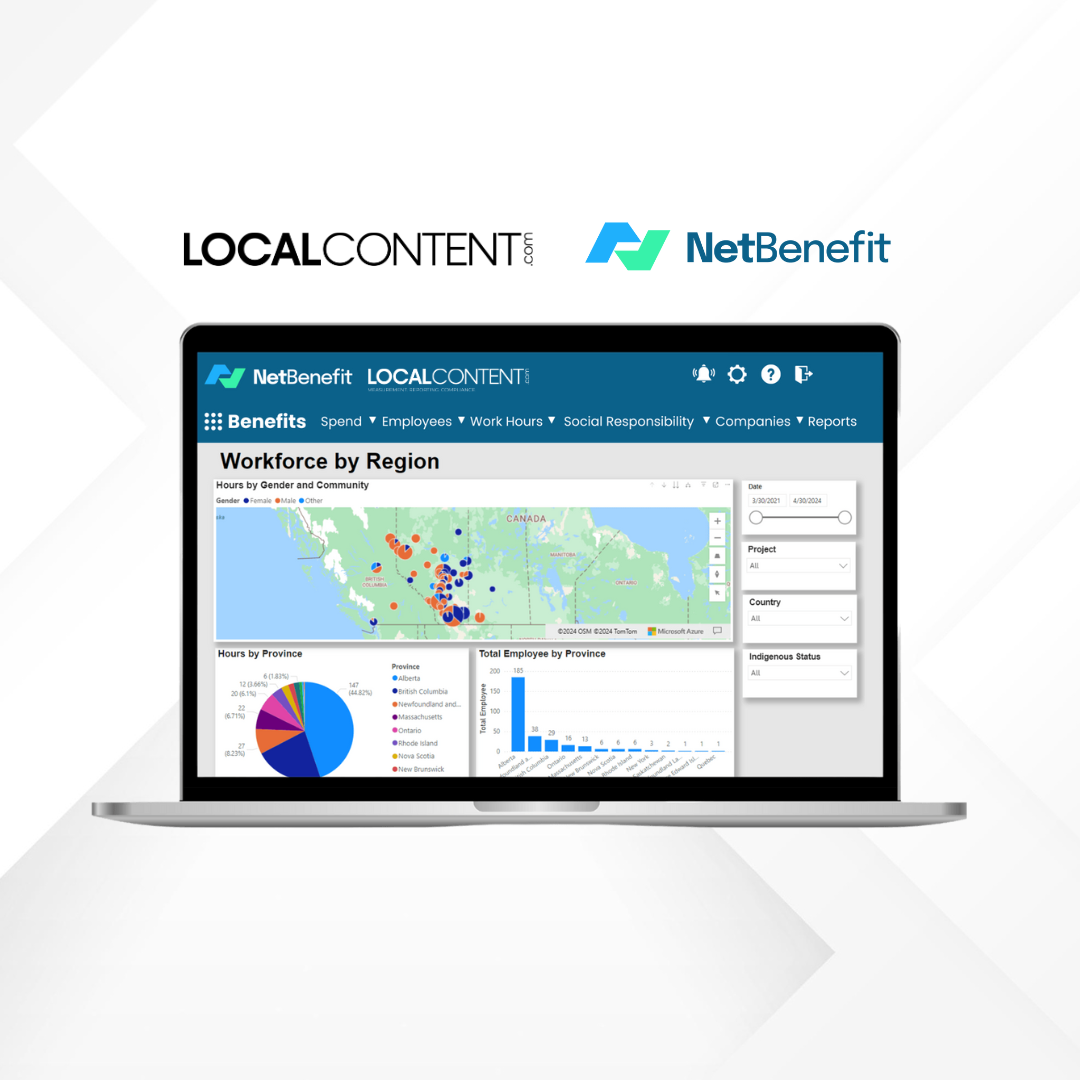New Jersey’s Public Contracts Law (N.J.S.A. 40A:11) governs the procurement process for public contracts in the state. It ensures transparency, fairness, and competition in the awarding of contracts for goods, services, and construction by local government entities, school districts, and authorities. The law sets procedures for competitive bidding, contract awards, and ensures that taxpayer funds are spent efficiently. It includes provisions for handling bids, contract disputes, and ensuring compliance with legal and ethical standards. Additionally, it mandates that certain projects include local content requirements and that contractors meet specific qualifications to do business with the state.
Create an account
Welcome! Register for an account
A password will be e-mailed to you.
Password recovery
Recover your password
A password will be e-mailed to you.









